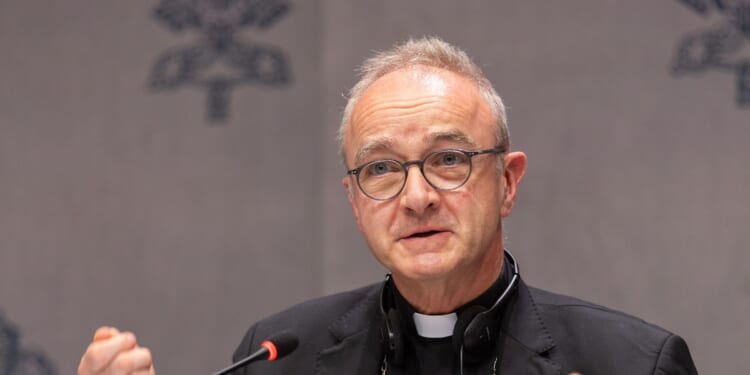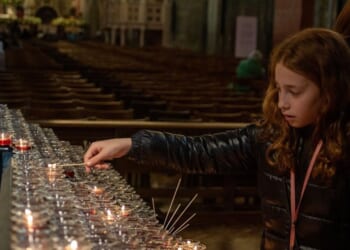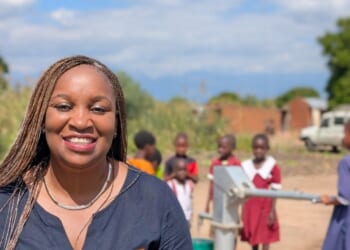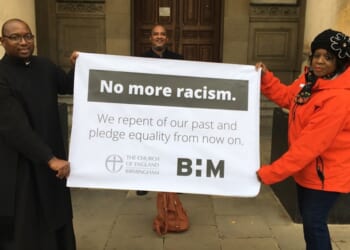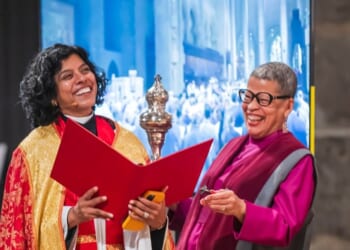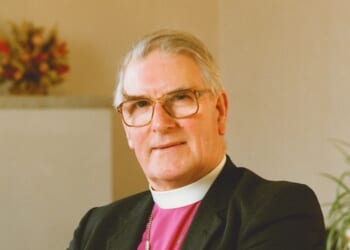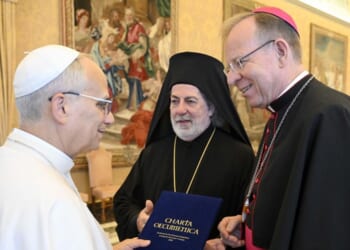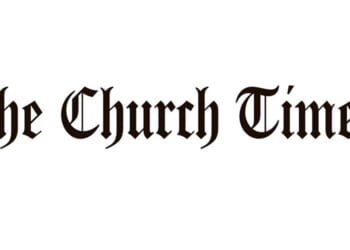A VATICAN commission has warned that Roman Catholic leaders are still not doing enough to combat sexual abuse in the Church, and has demanded tougher sanctions against those responsible and fairer reparations for their victims.
“The Church bears a moral and spiritual obligation to heal the deep wounds inflicted from sexual violence — perpetrated, enabled, mishandled or covered up by anyone holding a position of authority,” the Pontifical Commission for the Protection of Minors writes in its annual report.
“This report seeks to capture the lives and stories of countless individuals and communities. It is grounded in our conviction that if ‘The truth will set you free,’ then there is a shared responsibility to uphold the truth and pursue justice . . . acts of a people rising together”.
The 200-page report — the second since the Commission’s creation by Pope Francis in 2014 — says that church leaders are still failing to inform victims about how their cases were being handled, and often face accusations of responding “with empty settlements, performative gestures and a persistent refusal to engage in good faith”.
It says that principles of “justice and fraternal charity” require full acknowledgement of responsibility, as well as “concrete measures of reparation” and “tangible and commensurate sanctions” against “abusers and enablers”.
Among recommendations, it calls for greater professional psychological support for victims, public apologies for errors, and invitations to survivors to help develop safeguarding policies.
“Sexual abuse of minors and vulnerable adults by clergy, religious and other Church personnel causes severe and overlapping forms of harm,” the report says. It was presented at the Vatican by the Commission’s French president, the Archbishop of Chambéry, the Most Revd Thibault Verny.
“In facing the tragedy of abuse, the Church must acknowledge her debt of reparation to God, to victims and survivors and to the community. . . There can be no adequate reparations to God, no adequate prayers or devotional practices, unless they are accompanied by concrete acts.”
Most Bishops’ Conferences and religious orders have adopted guidelines for handling abuse claims against clergy in line with a 2019 papal motu proprio, Vos estis lux mundi (“You are the light of the world”), and a June 2021 canon-law reform, which defined sexual abuse as a crime “against life, dignity and human freedom”.
Victims’ groups and campaigners have urged greater efforts to counter structural causes of abuse, however, while the need for greater transparency worldwide was highlighted by the Church’s 2023-24 “Synod on Synodality” in Rome (News, 13 October 2023), and has been acknowledged by Pope Leo XIV since his election in May.
The Commission’s report includes an overview of safeguarding challenges for 18 Bishops’ Conferences, mainly in Africa and Europe, as well as of positive regional trends based on questionnaires, focus groups, consultations with nuncios and bishops, and data from international agencies.
Among the main concerns, it lists a lack of accountability among church leaders, a risk of retaliation against whistleblowers, the continued ministry of known perpetrators, and the lack of proper vetting of church personnel, as well as a “toxic environment” marked by fear and distrust of Catholic clergy and teachers.
The findings were discussed on Monday during Pope Leo’s first meeting with survivors and victim-advocates from Ending Clergy Abuse, an international coalition founded in 2018 which promotes a “zero-tolerance” policy and measures to enforce accountability and promote justice and truth.
Speaking at a news conference, the president of ECA’s Canadian board, Gemma Hickey, said that the closed session — which was Pope Leo’s first with abuse victims — had been requested after his election. It had enabled former victims to “feel heard”, while reflecting a “shared commitment to justice, healing and real change”, she said.
The Pope was also reported to have met separately with the Peruvian journalist and abuse survivor Pedro Salinas, who suffered physical and psychological abuse as a member of a Sodalitium Christianae Vitae, a Catholic movement dissolved by Pope Francis in late 2024 amid revelations of sexual abuse and financial mismanagement.

